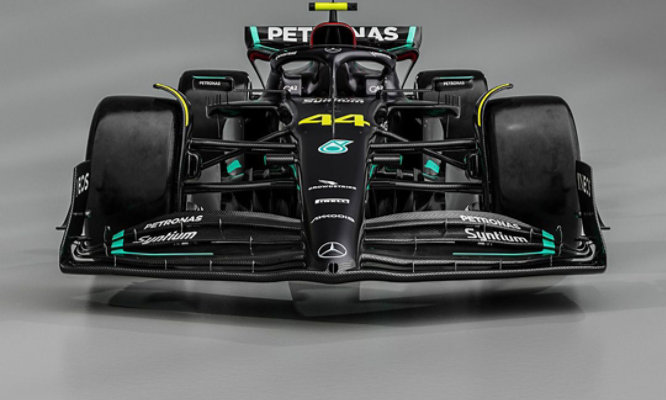Habit #1 - Be Proactive
The first habit we are going to discuss is ‘Be Proactive’.
The fundamental principle of being proactive is knowing what your actions will mean to the business before you take them. Most businesses are set to provide profits and security for their owners and workers alike, knowing when and how you are making a profit is key.
Conversely, reactive people blame external factors for their situations and believe the problem is caused by someone or something else, and this reactivity ultimately becomes a self-fulfilling prophecy.
The Collision Repair Industry is a highly variable business; where no two accidents are the same, and we cannot control the number of accidents that happen within a given time frame. So, with that in mind, how can you be proactive within this industry.
Proactivity is about taking responsibility for our choices and focusing on what is in our power to change, concentrating our efforts on what we can affect - as some things are out of our control.
How do you react when:
- A painter doesn’t turn up for work?
- One of your spray booths breaks down?
- Three customers don’t arrive as scheduled on a Monday morning?
- You lose 25% of your work volume?
- A global pandemic hits?
" Being proactive starts with the simple task of understanding what your business costs to operate without doing a single thing. "
Cost of Doing Business
Take a year of data such as your rent, rates, utilities, staff wages, technician wages, loans, courtesy cars, or any other cost that accrues to your business. The total of these is the amount it takes you to break even for the year.
Operational Output
Now take all your earnings. Take a year’s worth of labour sales, parts sales minus costs, paint and material sales minus costs, and any sublet revenue minus of course, the cost of the sublet. Now take that collective amount and divide that by the hours produced for the same period. This gives you your operational output per hour.
Breakeven Hours
Now divide the cost of doing business by the operational output per hour, and you have the number of hours per year you need to breakeven. Now divide that by the number of working days in the year, and you have your daily hours required to breakeven.
Successful and sustainable businesses are proactive by nature. They know what to do and how to do it, particularly when something unexpected happens. Above all, they know and understand the monetized impact of what just happened and the monetized impact of their actions.
You can’t always control everything - but you can control how you react to everything by defining your game plan and how you play the game to achieve success.
Related News
News
9 February 2023
Sherwin-Williams and Mercedes-AMG PETRONAS Formula One Team Kick Off New Partnership


